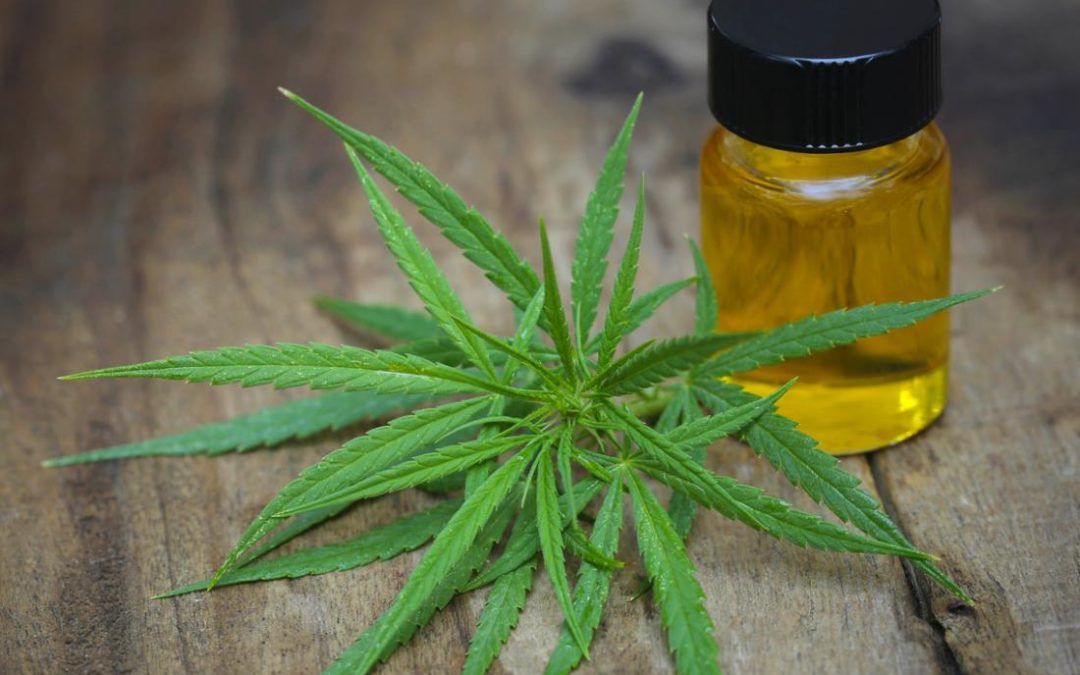Every day, it seems like more and more companies are touting various essential oils and supplements, with bold guarantees that these products will change your life for the better. Although many of these supplements seemingly originate from innocuous sources, like hemp and CBD oils, which all derive from different varieties of the cannabis sativa plant, it is downright irresponsible to market these products as safe for everyone, and certainly to claim that they are necessary to promote health and wellbeing.
Of course, sophisticated marketing strategies may successfully promote the belief that their cannabis-based products work as a cure-all for every ailment, but it is important to understand what these products are and what they aren’t. Below I will explain the difference between hemp and CBD oil and hopefully debunk some common misconceptions about these products.
Breaking Down the Differences Between Hemp Seed Oil and CBD Oil
In general, when people refer to hemp oil they tend to actually be talking about hemp seed oil. Unlike CBD oil, which is extracted from the leaves, flowers, or stalks of the cannabis sativa plant, hemp seed oil derives from hemp seeds. Although hemp seeds can be a healthy source of omega-3 and -6, they contain no CBD or THC, also known as cannabinoids, which are the medicines naturally found in cannabis. Therefore, hemp seed oil will not get you “high,” nor will it offer you any sort of therapeutic benefit typically associated with medical marijuana.
Given its nutritious makeup, however, hemp seed oil can be used as an ingredient in recipes and in skin and hair care products. Hemp seed oil tends to be relatively inexpensive, especially compared to CBD oil — one 100mg bottle of hemp seed oil sells for about $10, whereas the same amount of CBD oil may set you back almost $100! Of course, no one necessarily needs to be consuming hemp seed oil on a regular basis, but it is certainly safe for those who enjoy the taste to use hemp seed oils and milks in moderation.
What about CBD Oil?
Now more than ever, people are turning towards alternative medicines in an attempt to live healthier lives, and CBD has become an increasingly popular supplement over the past few years. However, as I have previously discussed in other blog posts, there is little evidence to suggest that CBD is beneficial at all to the average person. Still, companies know that people will always be ready to shell out exorbitant amounts of money for supplements if they genuinely believe the ingredients within these products promote greater health and wellness. This helps explain why CBD oil tends to be outrageously expensive, despite the fact that for most people there is little to nothing to be gained by incorporating CBD oil into their daily routine.
In reality, supplements like CBD are not regulated by the United States Food and Drug Administration (commonly referred to as the FDA), and the manufacturers of these products are under no obligation to prove their safety or efficacy before they go to the market. This essentially means that companies claiming to sell CBD oil may not be selling products containing CBD at all. Due to essentially a complete lack of regulatory oversight, many of these products may also contain toxic additives, fillers, and heavy metals which can be harmful to one’s health, especially when frequently exposed to them over a prolonged period of time.
Unfortunately, even those who are able to find genuine, unadulterated CBD oil are likely still paying for something that won’t do them much good, or could even further exacerbate their preexisting health conditions. For instance, those who take certain medications like blood thinners, heart medications, immunosuppressants, and other prescription drugs that are broken down in the liver should actively avoid CBD as complications may arise from interaction.
Even those who can safely use CBD may still want to think twice, though. Although it is true that for most healthy people, CBD is generally benign, there is no solid clinical evidence showing that CBD is actually good for chronic pain, and there are currently no approved pharmaceuticals for chronic pain management or anxiety relief that contain CBD. In reality, CBD has only been approved for the treatment of rare seizure disorders in children, whereas THC is actually the primary cannabinoid shown to consistently relieve pain. Although cannabis naturally contains small amounts of CBD, we simply do not yet have the evidence to sufficiently determine its efficacy as a pain reliever, or appropriate treatment for most other ailments. Ultimately, until we acquire more evidence that CBD alone truly has the powerful therapeutic properties that many marketing departments would like us to believe it has, THC should still be regarded as the principal medicine naturally found in cannabis.
Consult with a Qualified Boston Medical Marijuana Expert Today
Those considering using THC, CBD, or any type of medicine found in cannabis to help manage their condition should consider speaking to a trained medical expert who is knowledgeable about using cannabis therapeutically. Massachusetts medical marijuana doctor Jordan Tishler, M.D. sits on the faculty of Harvard Medical School and has years of experience helping patients treat pain and other ailments using cannabis. He and the team at InhaleMD stand ready to assist patients in determining whether medical marijuana is right for them. For more information, or to set up a virtual consultation with the team at InhaleMD, call us at (617) 477-8886 today.

